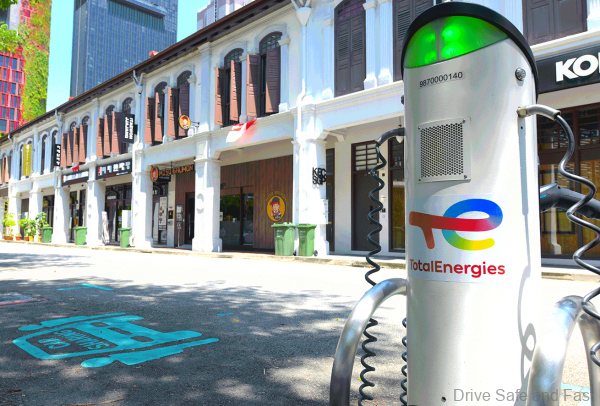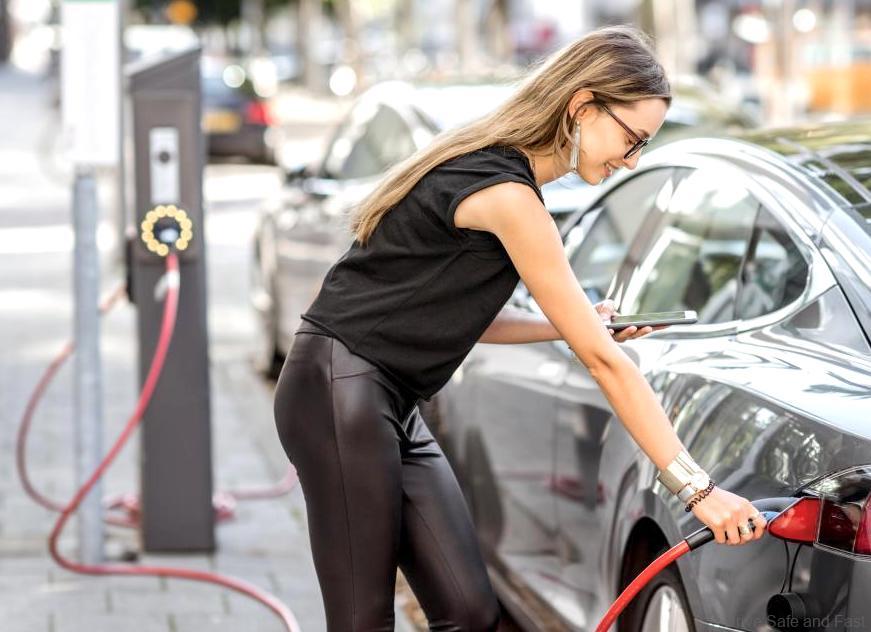Recently Reuters reported that British Petroleum (BP) said that very soon electric vehicle fast charging will be more profitable than selling diesel and petrol in Europe. This will only happen when there are NO MORE Fuel subsidies for all petrol stations.

BP which is an oil company that has retired from Malaysia more than a decade ago goes on and says that their new business model will look at increasing their EV (electric vehicle) fast charging points around Europe and offer more food and beverage services at their stations for EV and also petrol car owners to enjoy a quiet cup of coffee while filling up.
In recent years, we have already seen report that European oil companies Shell, Total and also BP have been buying up assets in the EV charging value chain and some suspect there might be a bigger agenda than just offering fast charging for EV drivers.
It might also be a way for the oil (petroleum) companies to monopolize public charging in key locations in major cities and then slowly move EV charging prices upwards to make back the high investment in installing expensive EV charging points and there might even be a reason to ‘kill’ the electric car enthusiasm and bring back the need for petrol powered vehicles as these companies still want to pump crude oil and continue making their billions from the huge investments they have already made.

NOTE: Remember what IONITY did in January 2020? They increased their EV charging price by 500 percent!
The European network of electric stations IONITY, which is owned by BMW Group, Mercedes-Benz AG, Ford Motor Company, Hyundai Motor Group (with Hyundai and KIA) and Volkswagen Group (with Audi and Porsche) has just announced that it will charge electric cars from January 31 2020 what charges their electric batteries per kWh!
They ‘suck’ you into EV ownership with supercar acceleration and high cabin technology and leave you ‘hanging’ at the EV charging point with high ‘juice’ pricing.
Then in September last year we saw how a fuel (petrol and diesel) delivery issue in UK caused massive traffic jams and chaos in England and EV owners were NOT affected as they charged their EV’s at home and at work.
This above situation opened a lot of questions about the need for EV’s over combustion engine vehicles.

In 2020, BP reported a gross margin for retail fuel sales of USD3.5 billion. Consultancy Thunder Said Energy told Reuters that the typical retail margin on fuel at UK petrol stations is about 17 cents per gallon, which translates to an average of roughly 0.4 cents per kilowatt-hour.
However, the real money is in the junk food customers buy while filling up. BP’s retail business, which includes fuel sales and convenience stores, is highly profitable and the company’s Customers and Products division made USD2.6 billion in net profit in the first nine months of 2021, around 17 percent of its total profit.
Overall, we see a huge opportunity in fast charging for consumers and businesses, as well as fleet services more generally and that is where we see the growth and where we see the margins, BP retail business management remarked.
BP and its European rivals have big plans for the EV charging space. BP currently operates around 11,000 charging points, and plans to expand that number to 70,000 by 2030.
Shell, which recently opened a high-profile charging hub in central London, hopes to have 500,000 charging points globally by 2025.

We do not think this is just a European market issue. With EV ownership taking a slow and steady rise, we see Petrol sellers in Malaysia starting to move into the EV charging space with EV car manufacturers to make sure they can sell their EV’s and their buyers have minimal range anxiety when driving across our country.
In time, our own petrol subsidies will also start moving downwards as the government copes with many issues and this could push EV charging prices up and ‘force’ Malaysians to pay.
This again is why we will continue to stay with our decade old petrol powered car and watch to see what unfolds in Malaysia in coming years.



